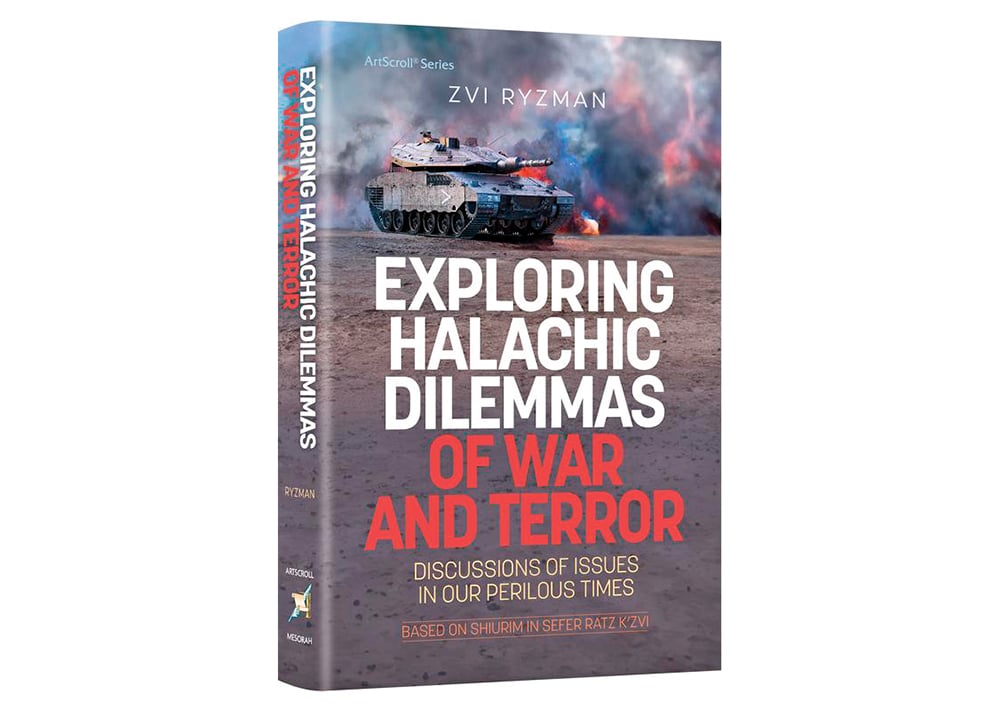Today is Elie’s birthday and, while Elie does not usually care about gifts, I do feel bad that I did not get her anything. As I am sitting here in my office sipping my morning coffee, it occurs to me that perhaps I will give her a Jewish Link article on birthdays and cancer as a gift. I really am a good husband!
So you ask, “What do birthdays and cancer have to do with each other?” There has been a longstanding belief among health care workers that patients, cancer and otherwise, make a special effort to reach special days and occasions, such as birthdays, holidays and family events like weddings, graduations or bar mitzvahs. This can lead to prolongation of their survival, but with a corresponding reciprocal increased mortality afterwards.
A study by David Phillips and Elliot King of UC San Diego, published in the Lancet in 1988, examined mortality in California in the week before as compared to the week after Passover. The investigators argued that at that time over 75% of American Jews attended a Passover Seder. They identified 1,919 death certificates for people with Jewish-sounding names. (There is a long discussion of this in the paper and you can take it for what it is worth.) They found that overall mortality was 8.01% higher in the week after as compared to the week before Passover. This finding was only for males. They concluded this was due to psychological efforts and they did consider other explanations, such as an increase in surgeries after Passover, but the data did not bear that out. For the null effect among women, I quote their explanation: “Passover is also likely to have less religious significance for the woman than for the man … Women play only a peripheral role in the religious rituals associated with Passover. The oldest male member of the family leads the recital of the Exodus story, the main ceremonial act. The youngest boy traditionally asks the Four Questions, thus launching the recital. Only the men and boys ritually wash their hands and are commanded to sit in a reclining position. It thus seems reasonable to assume that men have a deeper psychosocial investment in Passover than do women.” I can only ask, “Are Phillips and King Jewish names?”
Stanislav Kasl, a well-known sociologist at Yale, conducted a study in New Haven in the early 1980s looking at elderly people and holidays. Christians had decreased mortality before Christmas as compared to the period after it. Again, there were fewer deaths for Jewish males prior to Passover than after Passover, and again there was no effect for females. The same death dip was not seen in advance of Rosh Hashanah/Yom Kippur.
Lest one think that only Jews are subject to this phenomenon, a study of Chinese women aged 75 or older conducted in California also found a death dip in advance of the Harvest Moon Festival.
A study published in 2001 by Jon Anson and Ofra Anson of Ben Gurion University looked at deaths in Israel as a function of proximity to days of the week for the period 1983-1992. The investigators found a consistent decline in deaths on the Sabbath with a concomitant increase in mortality on Sundays. This effect was not evident for non-Jews or children under 5 years. They argued that the data shown was not explained by fewer accidents. And the effect was much stronger for men than women. It is eerie to read their conclusion—one could conclude they were rabbis in a synagogue extolling the virtues of the Sabbath.
As for birthdays, a study published in 1992 looked at death certificate data on 2.6 million Californians between 1969 and 1990. They found a small but consistent post-birthday rise in mortality in the week following birthdays ranging from 3% to 8%. They also considered alternative explanations, such as postponed surgeries, but did not find evidence to support this.
Perhaps the most definitive study on this subject was published in JAMA in 2004 by Donn Young and Erinn Hade from Ohio State University. They used data from the Ohio Department of Health for all cancer deaths from 1989 to 2000. Three events were considered—Thanksgiving, Christmas and the individual’s birthday; 309,221 cancer deaths were included.
Interestingly, the analyses showed no effects for any of the three events comparing deaths in the two weeks prior to as compared to two weeks after the three events. The investigators concluded that they failed to confirm the prior reports that individuals could postpone their deaths in order to reach significant events. They attempted to explain why prior studies did have positive findings, suggesting multiple comparisons as one possibility. They went on to say that there was no actual evidence to support the psychological/psychosocial explanations that had been previously adduced for the findings or for how an individual’s optimistic attitude can affect survival.
Elie has taught me “YOLO—you only live once.” So, cancer or not, we should appreciate our birthdays, holidays, special occasions and the other good things we have been given in this world, and let destiny take its course as it should.
Happy birthday, Elie, till 120.
Alfred I. Neugut, MD, PhD, is a medical oncologist and cancer epidemiologist at Columbia University Irving Medical Center/New York Presbyterian and Mailman School of Public Health in New York. Email: [email protected].
This article is for educational purposes only and is not intended to be a substitute for professional medical advice, diagnosis, or treatment, and does not constitute medical or other professional advice. Always seek the advice of your qualified health provider with any questions you may have regarding a medical condition or treatment.











